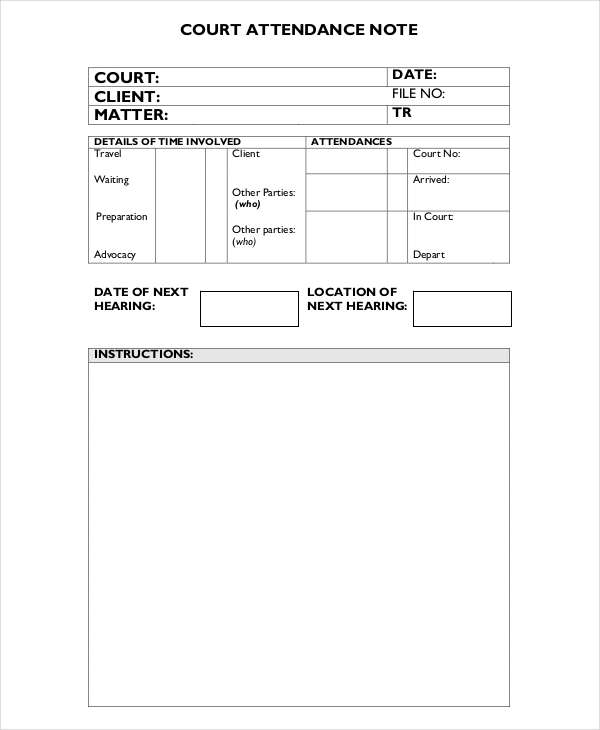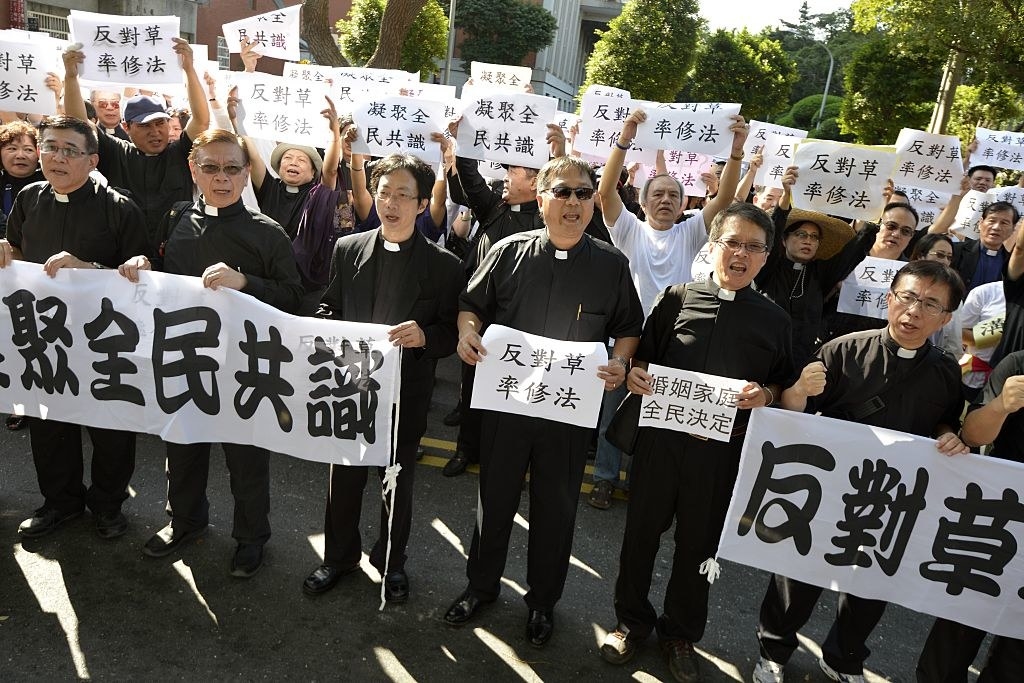An officer of a court whose principal duty is to maintain court records and preserve evidence presented during a trial. Closing argument The closing statement, by counsel, to the trier of facts after all parties have concluded their presentation of evidence. Code A collection, compendium or revision of laws systematically arranged into chapters, table of contents and index and promulgated by legislative authority. Commit To lawfully send a person to prison, a reformatory or an asylum. Common law The system of jurisprudence which is based on judicial precedent, rather than legislatively enacted statutes of law.
Also called "case law." community service A sentencing alternative usually used in lieu of a monetary penalty or fine. Commutation Change of punishment from a greater to a lesser degree, such as from death to life imprisonment or ending a sentence that has been partially served. Comparative negligence Negligence of a plaintiff in a civil suit which decreases the recovery of damages by his or her percentage of negligence compared to a defendant's negligence. Competency In the law of evidence, the presence of those characteristics which render a witness legally fit and qualified to give testimony. If problems persist, a judge will need to consider taking away the parents rights to "parent" their child.
The government gives parents, courts and child welfare agencies a time limit to ensure a child is safe at home. Once that time has passed, a caseworker generally files a petition asking the court to terminate parental rights. Another hearing is held, and a judge decides whether or not the parent can continue to legally be the parent. This is called an involuntary termination of parental rights.
Involuntary means it wasn't the parents' decision, but the decision of the court. Parents who recognize they can't be the best parent for their children can also ask the court to end their rights. This is called a voluntary termination of parental rights. This is a very serious decision not taken without great care.
In most cases, the goal of foster care is to reunify the child with his/her parents. On the other hand, sometimes the State decides not to ask a court to terminate parents' rights to the child. The parents can also surrender their rights to the child. Once a Petition to Terminate Parental Rights is filed, an Answer Hearing must follow within 15 days, and the Termination of Parental Rights Hearing must be held within 60 days of the Answer Hearing.
(A continuance may be allowed by the court if good cause is shown by the person requesting it.). Sometimes children who are not in any immediate danger are not removed from home. However, a caseworker or other concerned individual still believes the family needs to be under the supervision of the court. In these cases, a petition may be filed asking the court for a hearing.
An adjudication hearing is held whether the children were removed or whether they stayed with their parents. At this hearing, the judge decides whether or not supervision is required and if they decide it is, where the child should live and what services are needed to help make things better. The Adjudication Hearing must take place within 45 days of the filing of the Petition. (A continuance of up to an additional 5 days may be allowed by the court in extraordinary circumstances.). The purpose of the Adjudication Hearing is for the court to make a legal determination as to whether or not the allegations of abuse and/or neglect in the Petition have been proven. The State has the burden of proving that the "child is in need of care" by a preponderance of the evidence.
This hearing is held more like a trial, and the State, child, and parents can present evidence and call and cross-examine witnesses. If the judge finds that the State has not met its burden, the judge will order that the case be dismissed . If the adjudication does not timely occur, the child may be returned home. A deposition is an interview or testimony taken under oath of any or all witnesses in a case by the defendant's attorney after formal charges have been filed. The defendant is not present during the deposition which is taken outside the courtroom, usually in a private office.
Victims and witnesses who are not incarcerated shall not be required to attend a deposition in any correctional facility. The defense attorney may elect to subpoena you for a certain date, time and place and, if you fail to appear you may be held in contempt of court and the case may be continued. Nondischargeable debt A debt that cannot be eliminated in bankruptcy. In Category 2 cases where a trial sees a judge hearing the case without a jury, the review hearing takes place 30 working days after a defendant pleads not guilty to an alleged crime. For Category 3 or higher offences, the defendant may choose to have a jury trial.
In these cases, the case review hearing takes place 45 working days after a plea of not guilty is entered. To get a case review hearing, the defense and the prosecution must jointly file a Case Management Memorandum, which tells the court what the issues are to be at trial and other details of the case. The Memorandum has to be filed at least 5 working days before the case review date, according to Community Law Manual. Pretrial services officers focus on investigating the backgrounds of these persons to help the court determine whether to release or detain them while they await trial.
The decision is based on whether these individuals are likely to flee or pose a threat to the community. If the court orders release, a pretrial services officer supervises the person in the community until he or she returns to court. The Disposition Hearing must take place within 30 days of the issuance of the Adjudication Order. Sometimes the court will decide to hold this hearing on the same day as the Adjudication Hearing, which means foster caregivers may not receive notice of the hearing.
The court is required to make certain findings related to the dispositional alternative ordered. If required, the court will also address the case plan, including whether it addresses the safety issues, meets the child's needs, etc. The court may also make other orders at this hearing that are in the child's best interest, help move the case forward, etc. If a child is removed from their parents' custody by a judge, a Continued Custody Hearing must be held within 3 days of the child's removal. (A continuance of up to an additional 3 days may be allowed by the court if it is in the best interest of the child and good cause is shown by the person requesting it.). The court may also address other matters at this hearing, such as visitation, services and supports needed, the child's education, the care and well-being of the child, etc.
A written order or notice directing that a person appear before a designated court at a stated time and place and answer to a charge against him or her. The document initiates all civil law suits and is referred to as process. When you are facing a serious charge, the prosecutor must give you a list of prosecution witnesses and copies of their statements at some stage prior to the committal proceedings. After reading these statements, you have to decide which persons you want to question.
What Does A Review Mean In Court You must then give the prosecution notice of whom you wish to question or cross-examine, so they can be called as witnesses. Grand jury - A body of citizens who listen to evidence of criminal allegations, which are presented by the government, and determines whether there is probable cause to believe the offense was committed. As it is used in federal criminal cases, "the government" refers to the lawyers of the U.S. Grand jury proceedings are closed to the public, and the person suspected of having committed the crime is not entitled to be present or have an attorney present. States are not required to use grand juries, but the federal government must do so under the Constitution.
Appeals – Appeals from decisions of limited jurisdiction courts go to superior court. An appeal may be heard as a new trial , or the superior court judge may review records of trial proceedings if records have been kept. Decisions made in small claims court cannot be appealed.
A hearing held in courts of limited jurisdiction for the purpose of allowing a person to dispute the determination that an infraction has been committed. The person may subpoena and examine witnesses and present evidence. Most people who have been arrested and charged with a DUI, if there is any disposition short of an actual dismissal, will likely face a review hearing in some form or another.
Unless you are absolutely certain that you have complied with all court orders, do not appear at such a hearing without contacting a DUI lawyer. If you have a lawyer on retainer as part of the original case, obviously seek his or her counsel first. If you know that you have not complied with the court's orders or that there is a new DUI or other criminal law violation, it is even more imperative that you seek counsel immediately.
If a parent requests a review of their case from the local child support agency, the agency has up to 180 days to complete the review. A child support agency may deny the request, attempt to facilitate an agreement with the other parent, or set a court date for review by a judge. If the child was removed from their parents before the Disposition Hearing, the initial Permanency Hearing must take place within 9 months after the Disposition Hearing.
If the child was removed at the Disposition Hearing, the initial Permanency Hearing must take place within 12 months after the Disposition Hearing. This hearing must continue to be held at least once every 12 months until the child is permanently placed . The Permanency Hearing, however, must be held within 30 days of a determination by a judge that reunification of the child with his/her parents is not required. The purpose of the Permanency Hearing is for the judge to determine the child's permanent plan , which is to be stable and lasting and occur as soon as possible. The court should enter orders necessary for the timely achievement of the child's permanent plan at this hearing.
The party that filed the first court papers, usually called the complaint or the petition, is considered the plaintiff or the petitioner. The plaintiff/petitioner will tell his/her side of the story first. This includes the party's testimony, calling any witnesses s/he may have, and entering any evidence that s/he has. We have more detailed information about this process in the rest of this section. In a civil action, the document that initiates a lawsuit. The complaint outlines the alleged facts and reason for the case.
In a criminal action, a complaint is the preliminary charges filed against a defendant, usually filed by the police or court. Once this has happened, a judge or juvenile court officer will schedule hearings to see what progress is being made to fix the problems that brought everyone into court. These hearings are called review hearings, but some courts call them status hearings or merit hearings. The judge or juvenile court hearing officer will also schedule a permanency review hearing. At the permanency hearing, the judge also checks to see if the permanency goal is still the right one. You can read more aboutpermanency optionselsewhere in this section.
At felony arraignment, the defendant may not necessarily appear if the proper legal documents have been filed. Due to the serious nature of felony charges, a judge rarely accepts a "guilty" or "no contest" plea at arraignment. Therefore, other pre-trial proceedings will be scheduled.
In a criminal trial, the prosecuting attorney presents evidence and witness testimony to try to prove beyond a reasonable doubt that the defendant committed the crime. The defendant's attorney may present evidence and witnesses to show that the defendant did not commit the crime or to create a reasonable doubt as to the defendant's guilt. The defendant is considered innocent of the crime charged until proven guilty. Pretrial conference A meeting of the judge and lawyers to plan the trial, to discuss which matters should be presented to the jury, to review proposed evidence and witnesses, and to set a trial schedule. Typically, the judge and the parties also discuss the possibility of settlement of the case.
Opinion A judge's written explanation of the decision of the court. Because a case may be heard by three or more judges in the court of appeals, the opinion in appellate decisions can take several forms. If all the judges completely agree on the result, one judge will write the opinion for all. If all the judges do not agree, the formal decision will be based upon the view of the majority, and one member of the majority will write the opinion. The judges who did not agree with the majority may write separately in dissenting or concurring opinions to present their views. A dissenting opinion disagrees with the majority opinion because of the reasoning and/or the principles of law the majority used to decide the case.
A concurring opinion agrees with the decision of the majority opinion, but offers further comment or clarification or even an entirely different reason for reaching the same result. Only the majority opinion can serve as binding precedent in future cases. Has the same effect as a plea of guilty as far as the criminal sentence is concerned, but the plea may not be considered an admission of guilt for any other purpose. Sometimes, a guilty plea could later be used to show fault in a lawsuit, but the plea of nolo contendere forces the plaintiff in the lawsuit to prove that the defendant committed the crime. The judge then instructs the jury on the law, defines the issues and instructs the jury to reach a fair verdict based on the evidence.
The jury's deliberations are in private and, in order to convict, their verdict must be unanimous. This option should be discussed with the prosecutor in the case. In such cases the court may hold a separate trial to deal with those allegations first, before going on to think about what is best for the children. The judge will decide on the balance of probabilities whether something did or did not happen (See I don't understand how courts work).
An arraignment is the defendant's initial appearance before the Court. At the arraignment, the defendant will be informed of the charges against him/her. In many District Court cases, the Clerk's Office will set the trial date within 60 days after the complaint was filed. When a Notice of Intention to Defend is filed within 60 days of service , then the Clerk's Office schedules the trial within 90 days of filing the complaint. Also, the Court may schedule a pre-trial conference to streamline the trial.
"Discovery" and evidence issues may be topics of discussion during the conference. A party may request the conference, or the Court itself may call one. There may also be court hearings or a trial where you can present witnesses or present your case verbally, but the written documents you file are a crucial part of any case. A person other than a judge authorized by Colorado law or by Colorado court rules to make orders or judgments in court proceedings, like trials or hearings.
A court-ordered procedure for taking money or property from someone to satisfy a debt. For example, a debtor's wages might be garnished to pay child support, back taxes, or a lawsuit judgment. Appeals from jury decisions are usually restricted to complaints about the procedure that was followed, or the judge's directions in law. An appeal court does not usually review all the facts of a case, once a jury has decided. The positive side to this is that an acquittal by a jury is final. The negative side is that an appeal court rarely reviews all the evidence used by a jury to convict.
Committal proceedings may be useful opportunities to gain information about the state of prosecution evidence, and to make it difficult for prosecution witnesses to change their stories. If a witness swears to one story at the committal and later tries to change that story at trial, you will be able to draw this inconsistency to the attention of the jury. However, don't expect to 'beat' a charge at the committal stage. The magistrate only has to decide that there is a case to answer, not that it is a good case. Magistrate judges - Judicial officers who assist U.S. district court judges in getting cases ready for trial. They may decide some criminal and civil trials when both parties agree to have the case heard by a magistrate judge instead of a district court judge.























